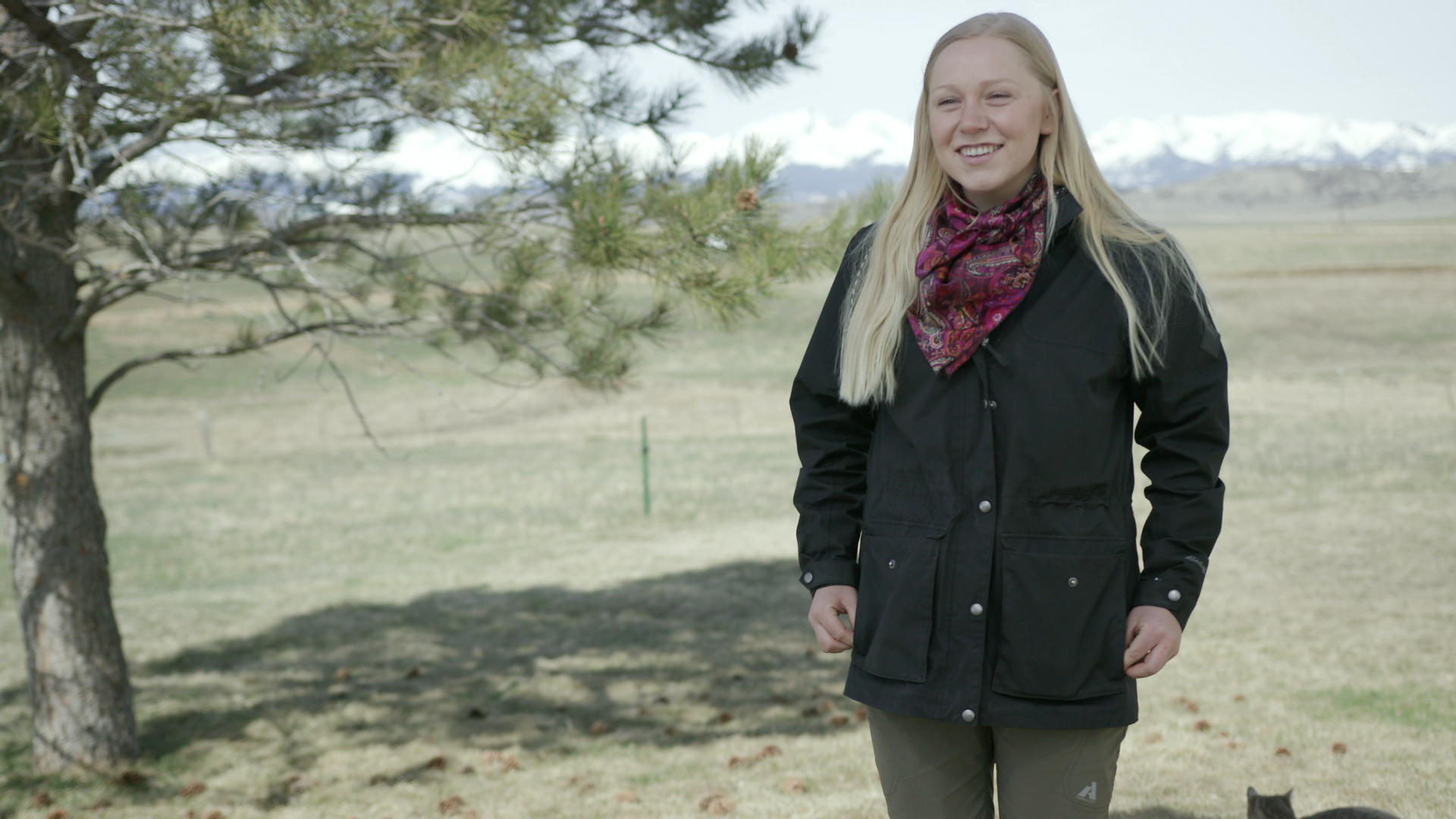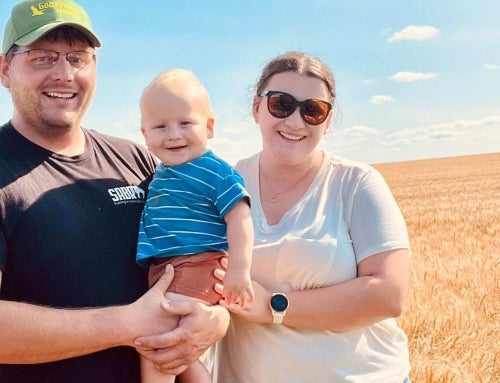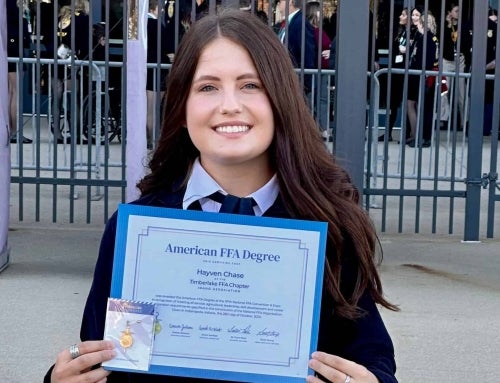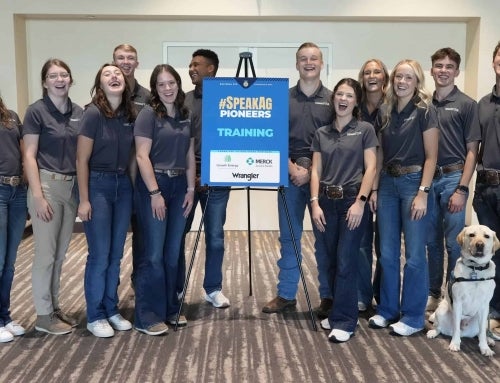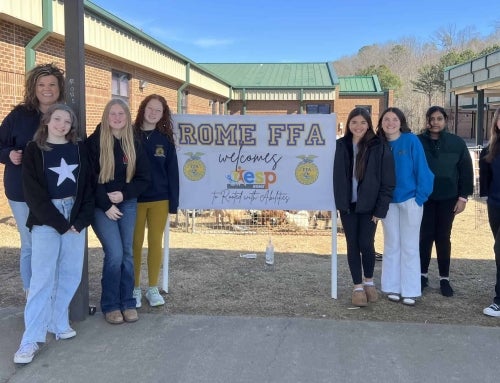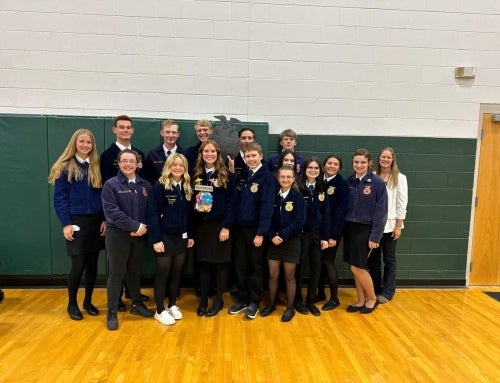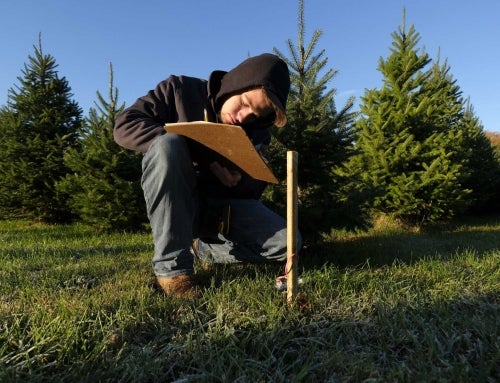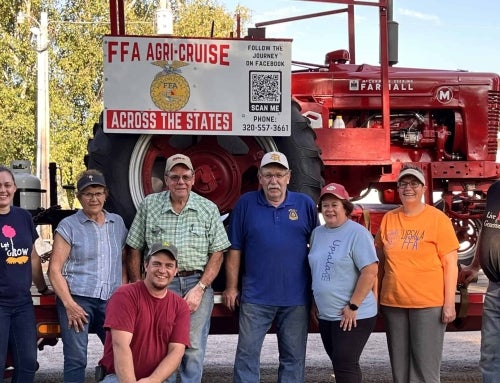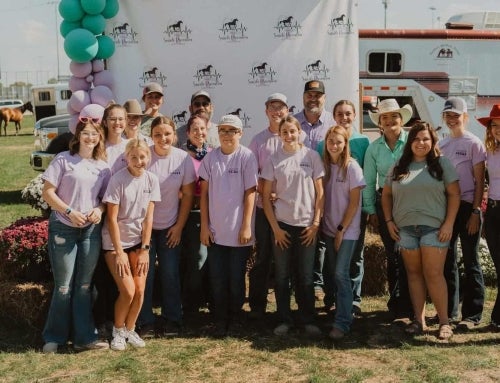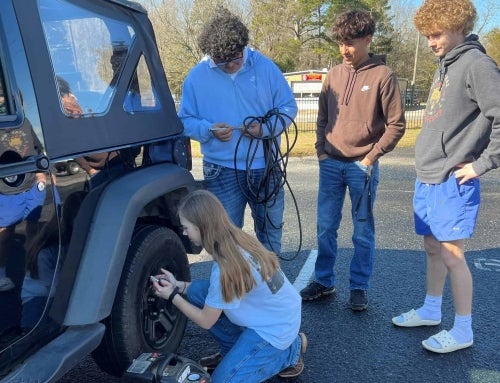Kate Indreland sees soil health as the path to a better world.
Who can imagine an exciting career based on the ground beneath your feet? For Kate Indreland, that’s the case. The life of the soil on which all life depends is a passion she’s taking forward in her own life.
Her exploration of regenerative agriculture recently won her a $10,000 prize as a finalist in the General Mills Feeding Better Futures Scholars Program.
Her interest in regenerative ag has taken her to farms and ranches in New Zealand and Western Australia. But her schooling began right at home on her parents’ purebred Angus ranch near Big Timber, Mont. What she’s discovered is that farmers and ranchers the world over are dealing with the same issue: how to improve soil health.
Practitioners of regenerative ag seek to address that challenge by incorporating more natural processes into food production while improving profitability for farmers and ranchers.
It’s a noble goal, but how glamorous is a career rooted in the soil?
“Come on! Being 4 feet deep in a soil pit doesn’t sound glamorous?” Indreland asks with a smile. “It is! To me, a lifestyle where I’m making a difference in people’s lives that will benefit them and their operations is, in a sense, as glamorous as it gets.”
Everything is Soil
Indreland’s experiences have led her to a firm belief that she’s on the right track with a commitment to regenerative ag.
“There was a day when I realized that everything is soil,” she says. “Want to feed the world? Soil. Want to have a farm or ranch for our kids to come back to? Soil. Want to have clean air and water? Soil. But if we keep treating soil like dirt, we will not be fulfilling these things.”
In her young life, Indreland has already seen success in regenerative ag practices. “I am seeing immensely improved soil, plant and animal health on our ranch and on other operations that are using these practices,” she says. “On our ranch, we have seen protein and crucial nutrients increase in the plant by 30 percent!”
Her next step is enrollment at the University of Montana to study ecology and business.
At first glance, Indreland’s career path may seem to be an idealistic one, but her hard work to date provides another impression to those who know her.
“I’d call her a realist,” says Nicole Masters, a soils expert who has mentored Indreland in her study of regenerative ag. “Kate’s seen operations around North America, Australia and New Zealand that are profitably improving their soil and water. I’m excited about the young people like Kate who are interested in regenerative ag.”

